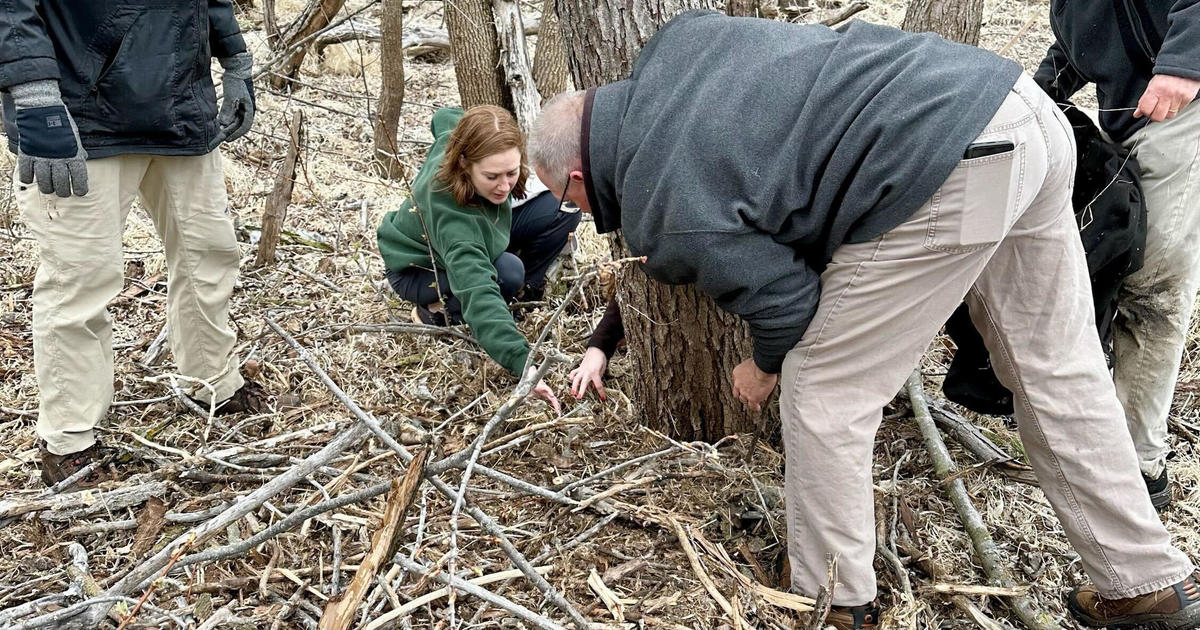Xeriscaping: The growing landscaping trend that saves water, helps pollinators
ST. PAUL, Minn. -- As drought conditions worsen in the West, and continue to impact parts of Minnesota, a growing trend is aimed at saving water and helping pollinators.
Xeriscaping is the technique of removing grass lawns and planting native, more drought-resistant plants instead. Elisa Bernick has been xeriscaping for years at her St. Paul home and now has a flourishing garden with many different species.
"I think many of us are coming to terms of the fact we don't want to use more resources than necessary. Fertilizer, water, this intensive sort of gardening that we grew up with, but now we understand it's not right for the world, the way we are moving forward," Bernick said.
She decided to start xeriscaping after construction left her soil unfertile in her backyard.
"I essentially just put sand and some dirt on top of all that debris and carefully chose my plants," she said.
The location of where she chose to plant is just as important at the type of plant itself. She said it took a lot of research, patience and trial and error before her backyard began to flourish.
"Overall, my water usage has gone down, my plants are thriving," she said.
Her neighbor is also hopping on the trend.
"We are gonna in together on some gardening, so that's exciting," she said.
Julie Weisenhorn, a horticulture educator at the University of Minnesota Extension, says while Minnesota's climate is harsh, it's still possible to create a xeriscape.
"Native plants come to mind right away because they have evolved, and they evolve really well with different kinds of climate and different kinds of weather conditions," Weisenhorn said.
The practice can also be beneficial for pollinators and require less maintenance from homeowners.
Understanding the landscape and drainage systems is a good first step for those interested in transforming a lawn.
The University of Minnesota, among other places, provides soil testing for a small fee. The university provided other tips to save water.




